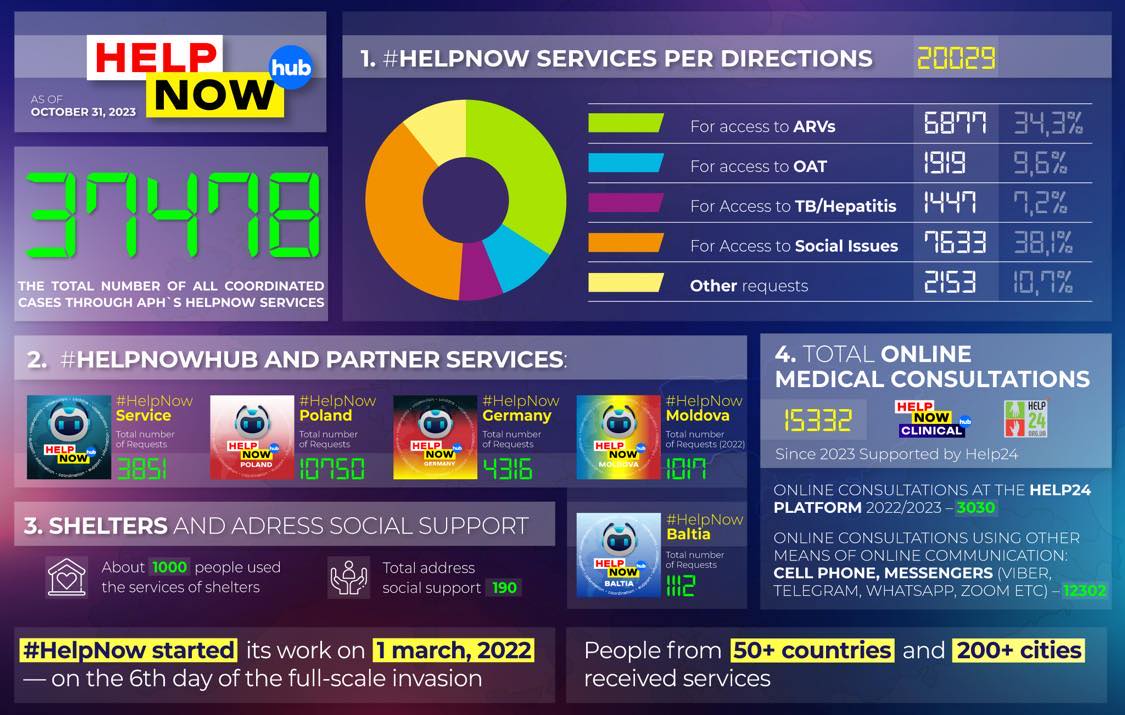On February 21, 2023, an important meeting took place in Brussels, organized by the Alliance for Public Health, Aidsfonds, and Friends of the Global Fund Europe.
The event began with opening remarks by Serhiy Tereshko, Deputy Representative of Ukraine to the EU.
The main topic of the meeting was the discussion on combating HIV/AIDS in Ukraine amidst the full-scale invasion by Russia. International experts participating in the event discussed effective ways of cooperation between Ukraine and the European Union on the path of Eurointegration in this field.
At the beginning of 2022, it was estimated that 245,000 people were living with HIV in Ukraine. According to the Public Health Center of the Ministry of Health of Ukraine, currently, 83% of people living with HIV who know their status receive antiretroviral therapy (ART). At the same time, 95% of them have suppressed viral loads, meaning that the virus in their blood is so low that it is undetectable through laboratory tests.
Christine Stegling, Deputy Executive Director of UNAIDS, highlighted the powerful role of civil society and communities in responding to the HIV epidemic in Ukraine amidst the war.
Andriy Klepikov, Executive Director of the Alliance for Public Health, emphasized that “despite the large-scale war, Ukraine has managed to prevent a surge in the HIV epidemic. How? Primarily through cooperation between the government sector and civil society.”
“It has been two years since Russia began its brutal war against Ukraine. Despite the challenges, we have managed to keep the HIV epidemic under control in Ukraine. How? Cooperation between the government and civil society is key. When 14 million people became internally displaced, we transitioned to providing mobile services, working in de-occupied territories and near the front line. We are implementing artificial intelligence for better detection of HIV cases, and it works! It shows 37% better results compared to the traditional model. The HIV response has demonstrated tremendous flexibility: the number of clients in some areas of Western Ukraine has increased 15 times. We offer them an extended package, which includes not only HIV services but also addressing humanitarian needs, providing mental health support, and combating other diseases,” said Andriy Klepikov.
It is worth noting that since the beginning of the war on March 1, 2022, the Alliance for Public Health, with the support of the Public Health Center of the Ministry of Health of Ukraine and more than 100 international partners, launched initially the chat-bot service #HelpNow for operational assistance coordination for treatment access, and then emergency support hubs for Ukrainians in neighboring European countries. The largest number of Ukrainians traveled to Germany, Poland, the Czech Republic, and Moldova.
An important aspect remains constant international support, as the war lasts longer than expected, and the country’s recovery cannot wait.
It is important that representatives of relevant structures, such as the Directorate-General for Health and Food Safety (DG SANTE), the Directorate-General for European Neighbourhood and Enlargement Negotiations (DG NEAR), and the European Centre for Disease Prevention and Control (ECDC), took part in the meeting.
As a result of the meeting, it was decided to develop fruitful cooperation with the relevant structures of the European Union to ensure the most effective integration and cooperation between Ukraine and the EU in combating HIV/AIDS. A set of political recommendations will be developed and provided to all participants, and advocacy efforts will be directed in the coming months, covering various processes, including the accession process, Ukraine’s participation in relevant instruments, and the development of future financing instruments.


